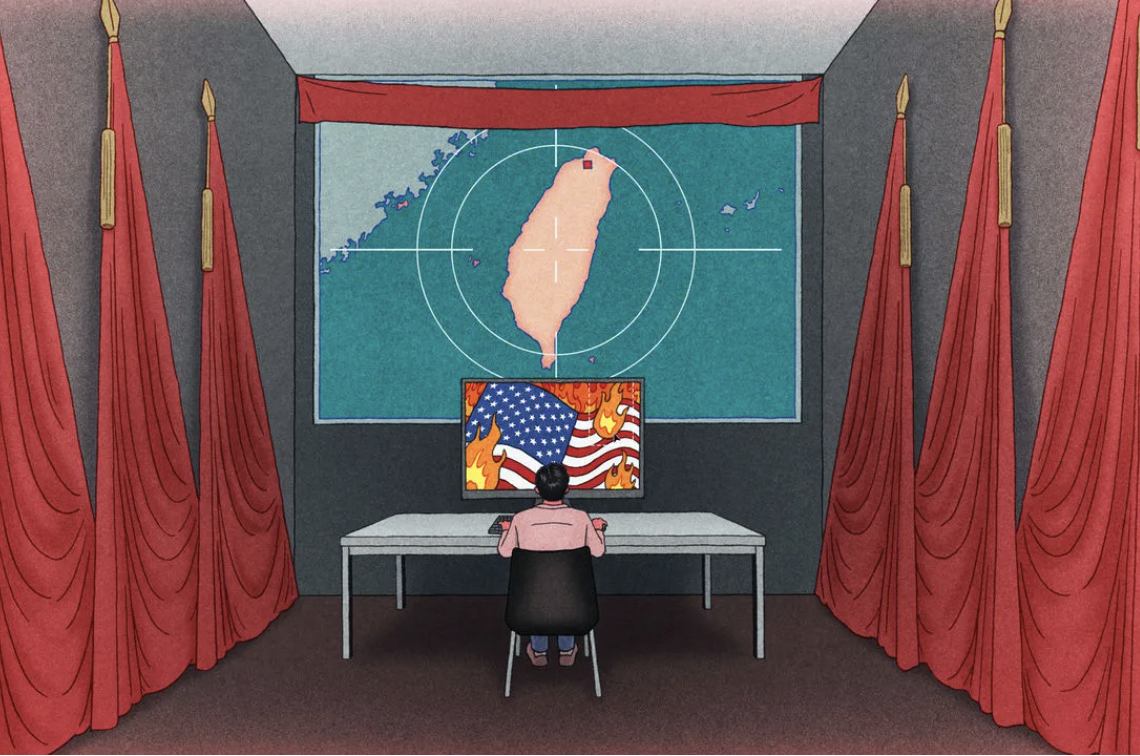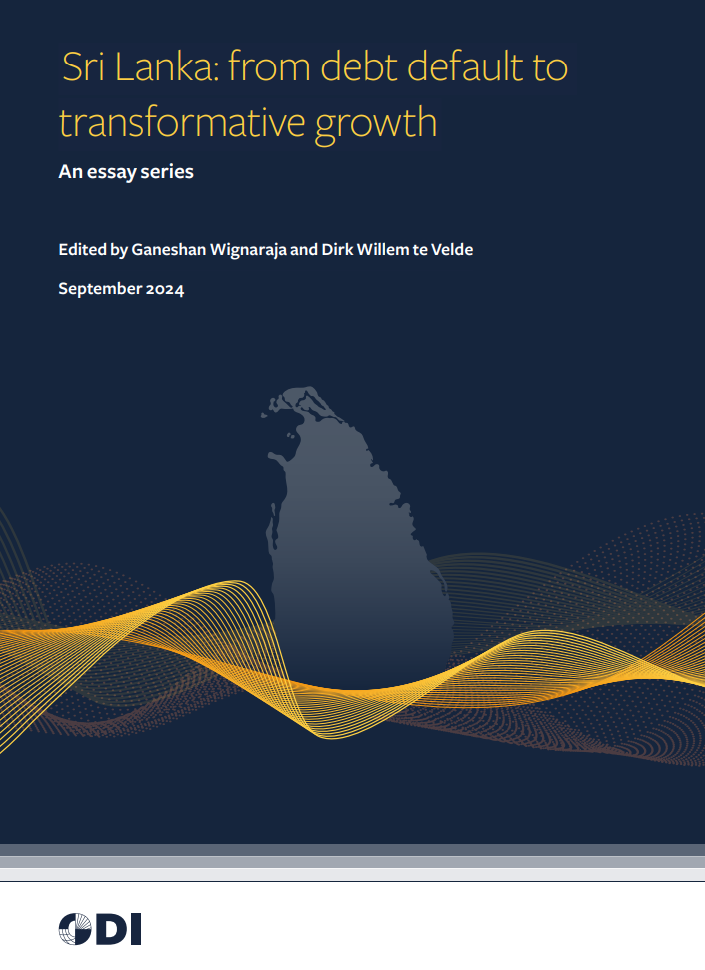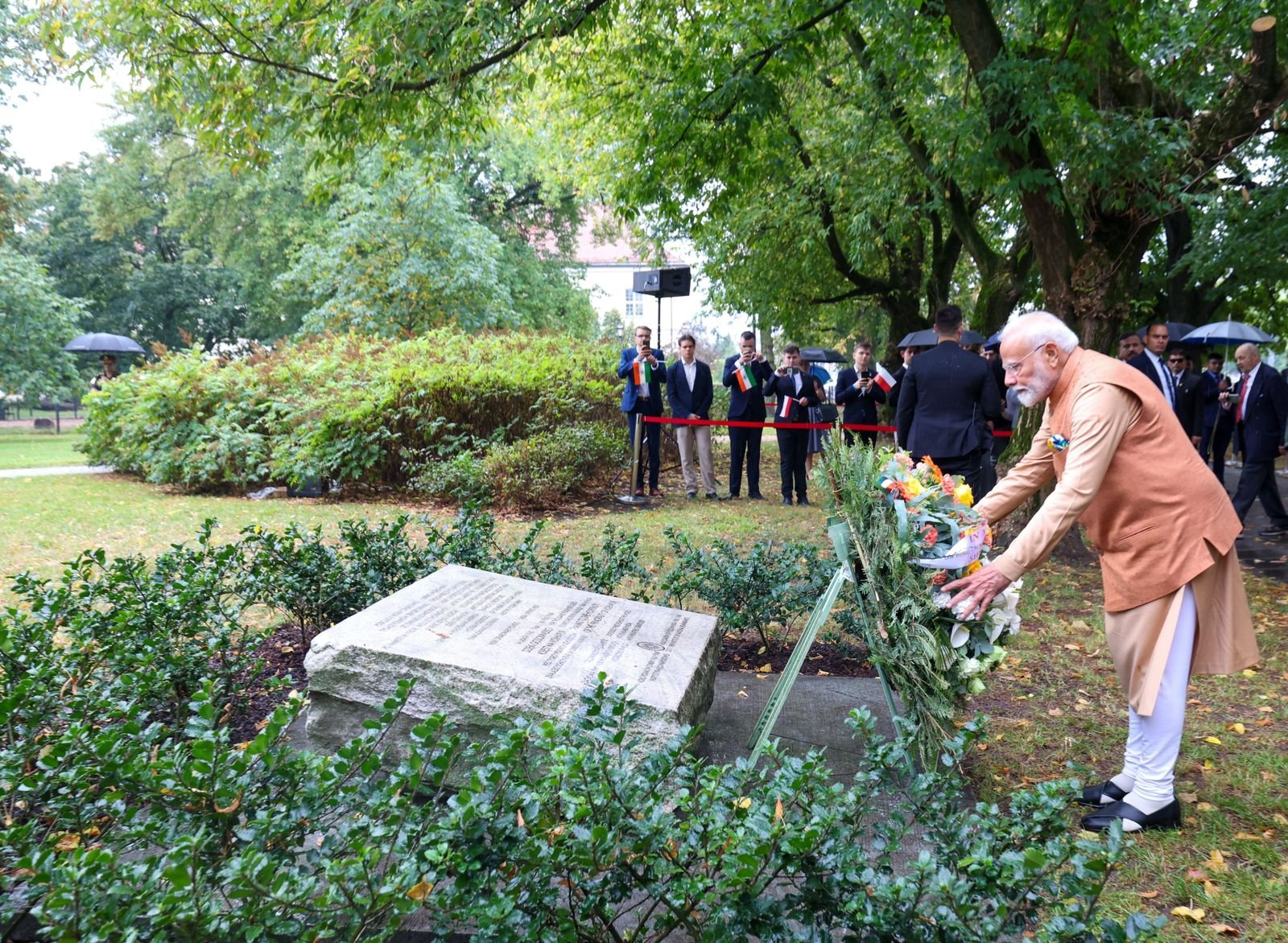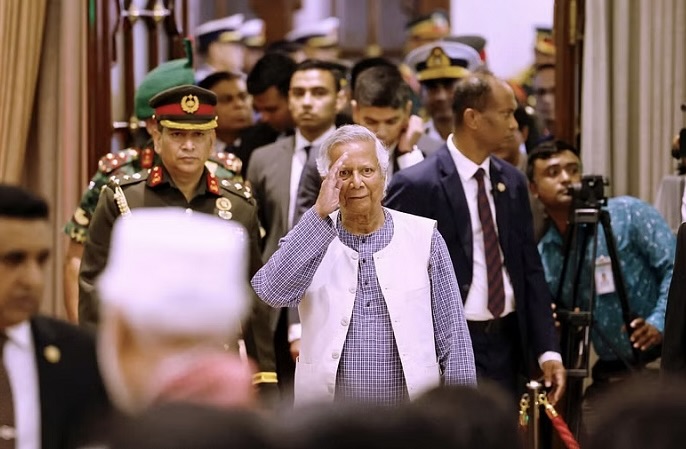Pakistan’s inflated GDP, deflated debt
Pakistan’s latest economic data tries to paint a cheerful picture, but the economy is still in deep trouble. The main culprit is the ‘managed’ float of the Pakistani rupee, which covers for a multitude of other sins.











